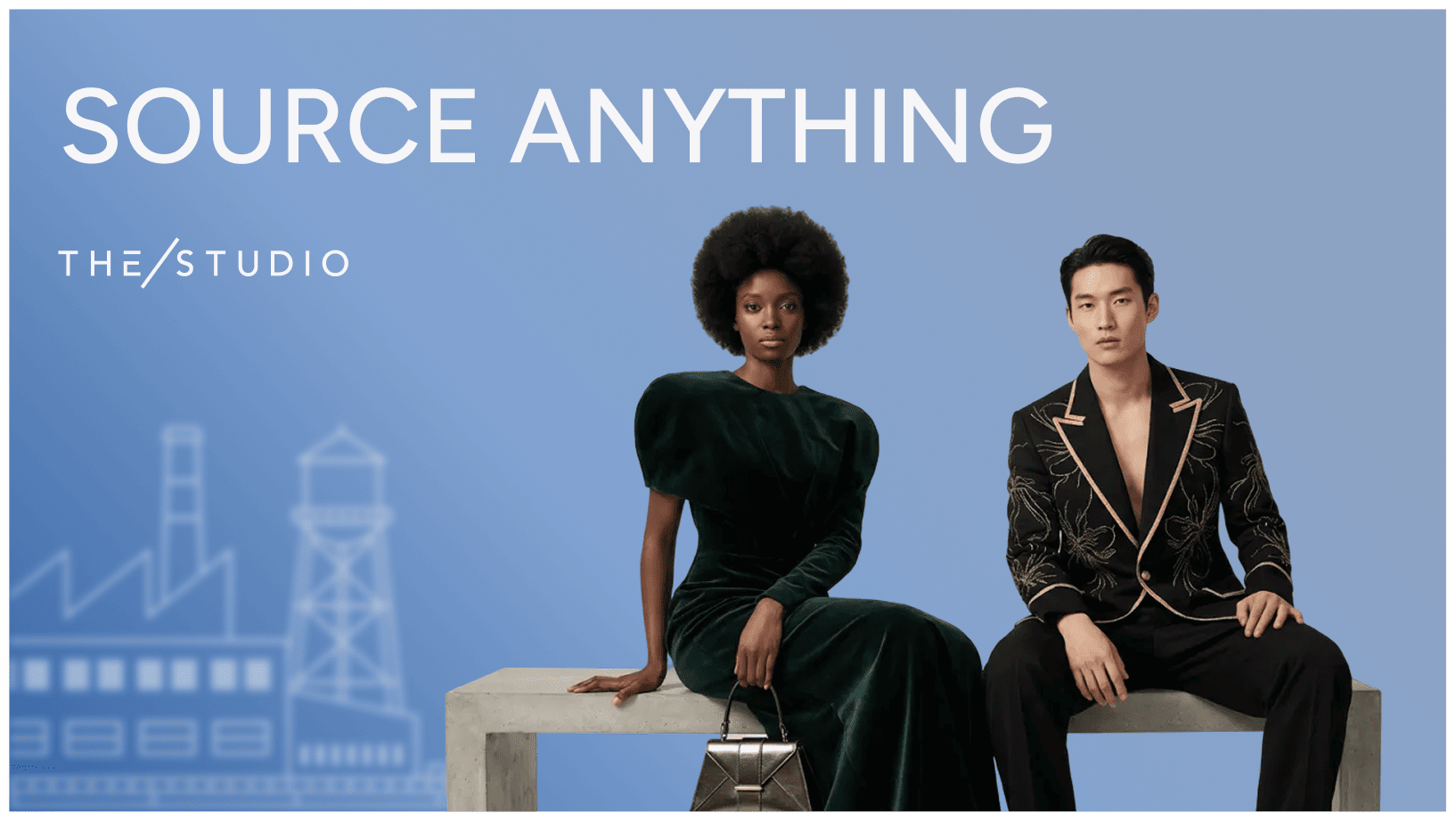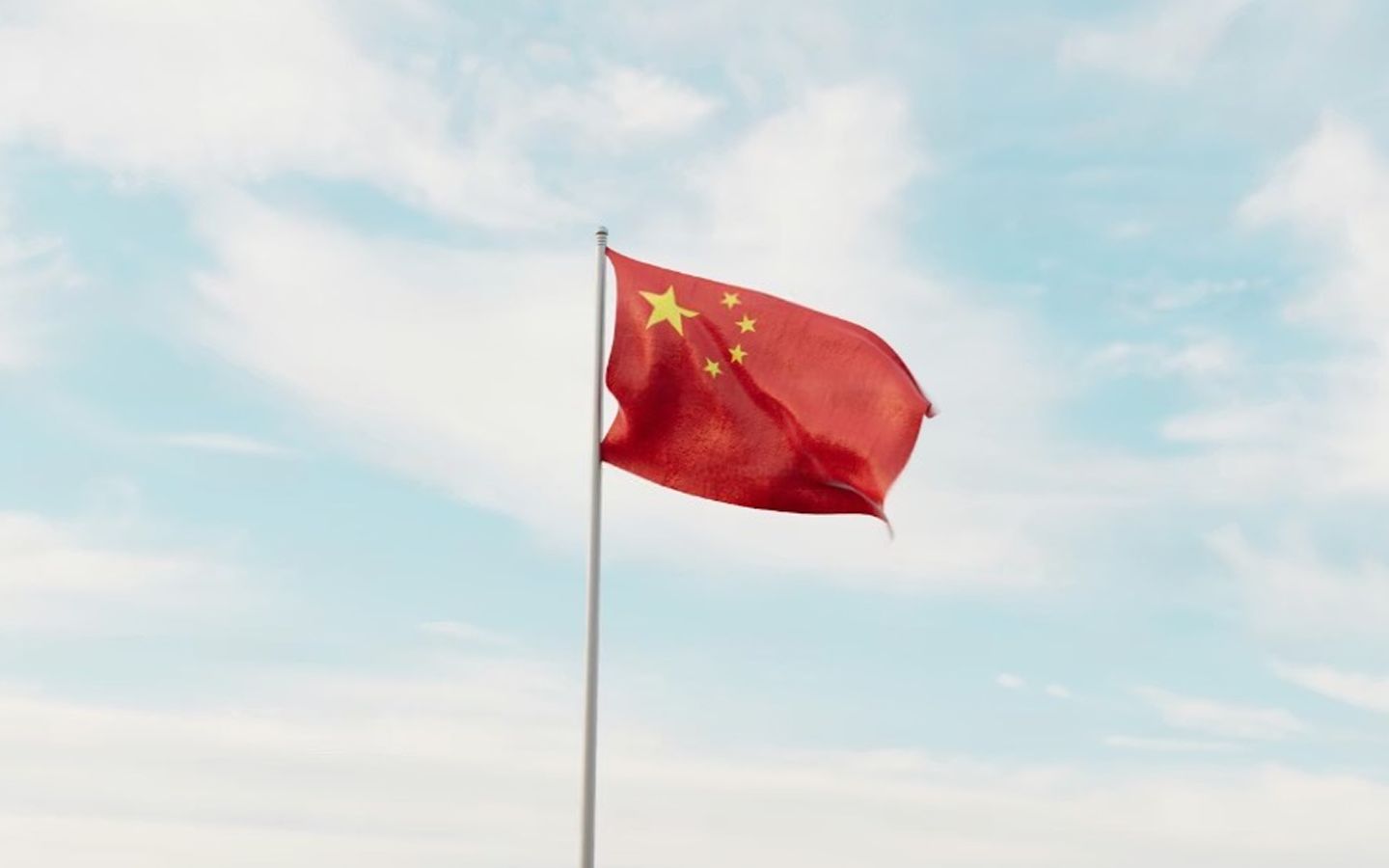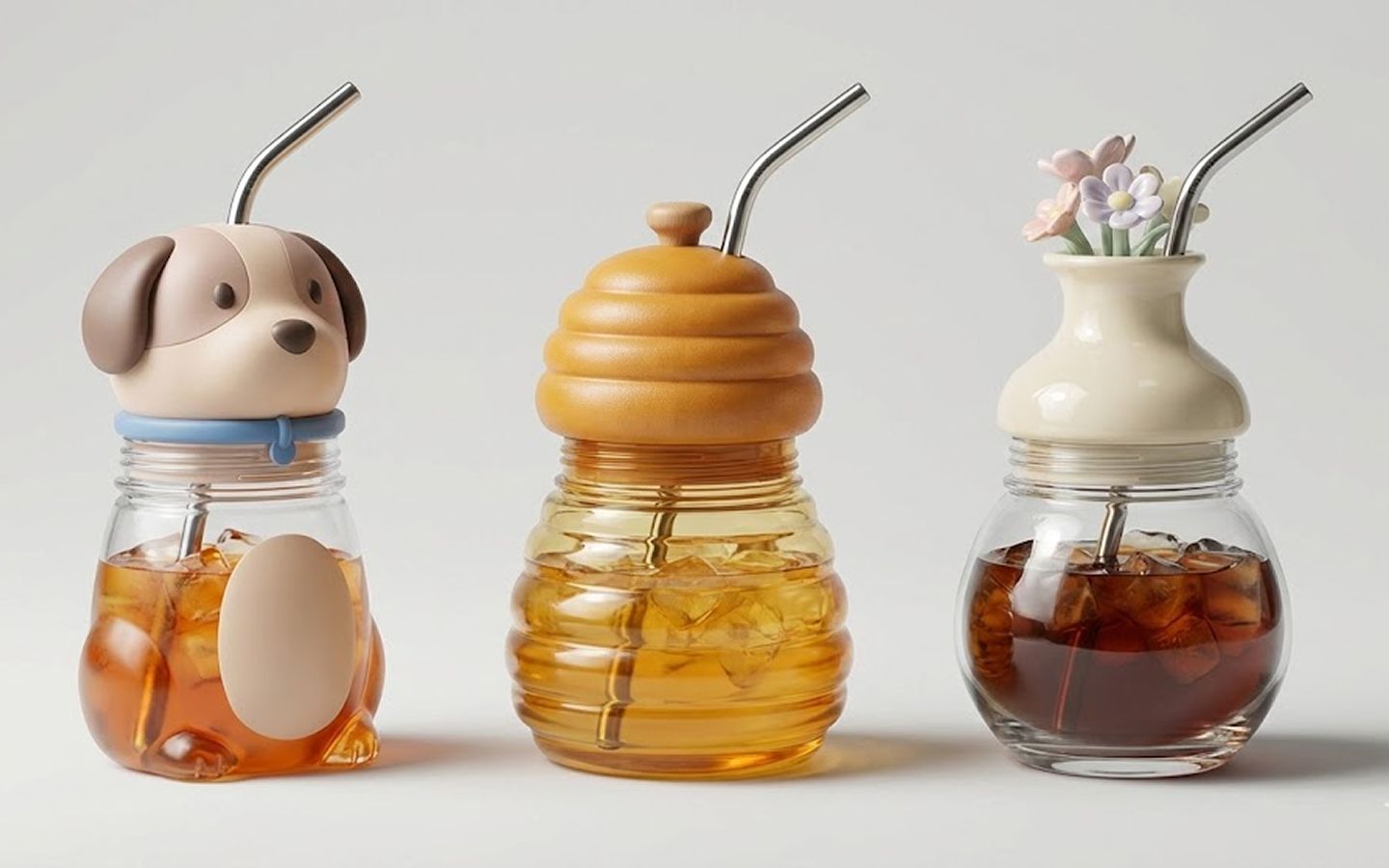Ethical fashion: a guide to choosing the best manufacturing partners
Succeeding in fashion requires more than creative designs or marketing strategies. One of the most important decisions you must make is selecting the right apparel manufacturing partner, as it will impact all aspects of your production. An unreliable partner can lead to delays and quality issues, potentially damaging your brand’s reputation.
You also have to consider how the industry is shifting. Consumers are increasingly concerned about the manufacturing process behind their clothes, and they prefer to support local, small businesses over fast fashion brands.
With conscious consumerism on the rise, there is a greater demand for transparency and for brands that implement ethical practices. It’s crucial to invest in sustainable production to limit waste and emissions.
In this article, you'll learn how to choose the best manufacturing partners. We cover factors such as production capacity, quality standards, and ethical practices that must be taken into consideration.
The key principles of ethical fashion
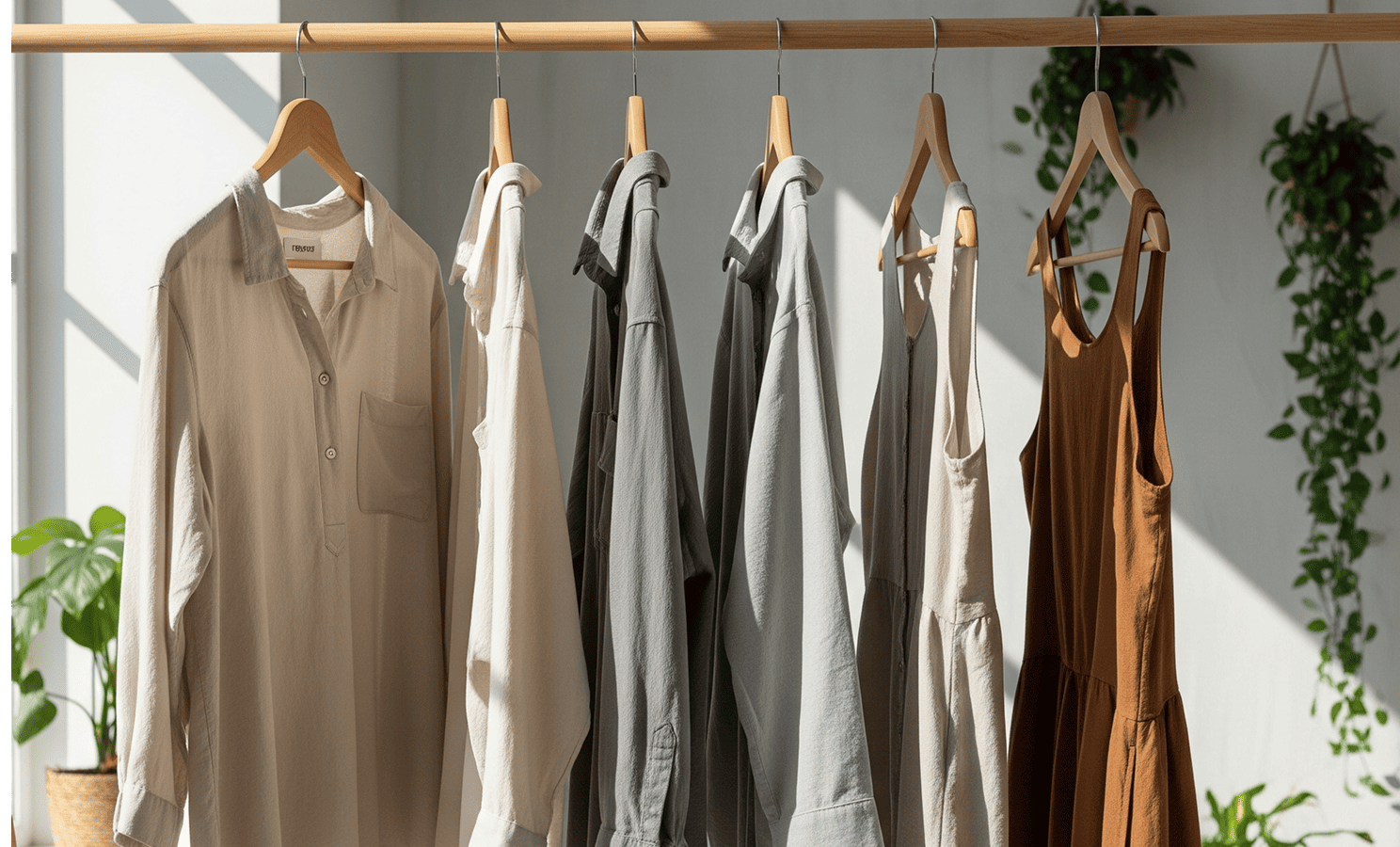
Ethical fashion encompasses a design, production, and distribution process that respects both people and the planet. At its core, it’s about creating long-lasting value while reducing harm, supporting workers, and building a more sustainable future.
The key principles include:
Responsible material sourcing: Choosing sustainable and renewable fibers, minimizing harmful chemicals, and prioritizing textiles designed for durability and performance.
Safe and sustainable production: Implementing processes that reduce water and energy usage, while eliminating toxic and carcinogenic substances from manufacturing.
Fair labor and ethical supply chains: Ensuring fair wages, safe working conditions, and accountability throughout every stage of the supply chain.
Durability and circular fashion: Designing pieces that last longer, encouraging reuse, repair, recycling, and circular business models to reduce waste.
Finding the right apparel manufacturer for your brand
One of the main challenges associated with launching a fashion brand is selecting the ideal manufacturing partner. This process requires extensive research and a careful analysis of several factors, including production quality and lead times.
A manufacturer will be responsible for bringing your brand vision to life, so you want to ensure it aligns with your values and goals.
The first step in finding the right partner is understanding the main types of clothing manufacturers:
Cut, Make, Trim (CMT): You supply the fabric, patterns, and designs. The manufacturer handles cutting, sewing, and finishing, allowing you to maintain control over creative direction and sourcing. This is ideal for those with sourcing and design experience who want oversight of materials while leveraging factory expertise for production.
Original Equipment Manufacturer (OEM): First, you provide your designs. Then, the manufacturer uses their materials and resources to produce the garments. This process allows your brand to focus on design and marketing while ensuring efficient scaling through the manufacturer's expertise and capacity.
Original Design Manufacturer (ODM): In this model, the manufacturer develops designs for you. You can then adapt and sell these under your own brand. Therefore, it serves as a practical option for startups without an in-house design team.
Full Production Package (FPP): A complete end-to-end service that includes sourcing materials, developing patterns, sampling, and full production. Ideal for brands seeking a comprehensive solution.
💡 To learn more about which option is the best for your brand, explore our guide on why cut & sew is beating print-on-demand solutions.
What to look for in a manufacturing partner?
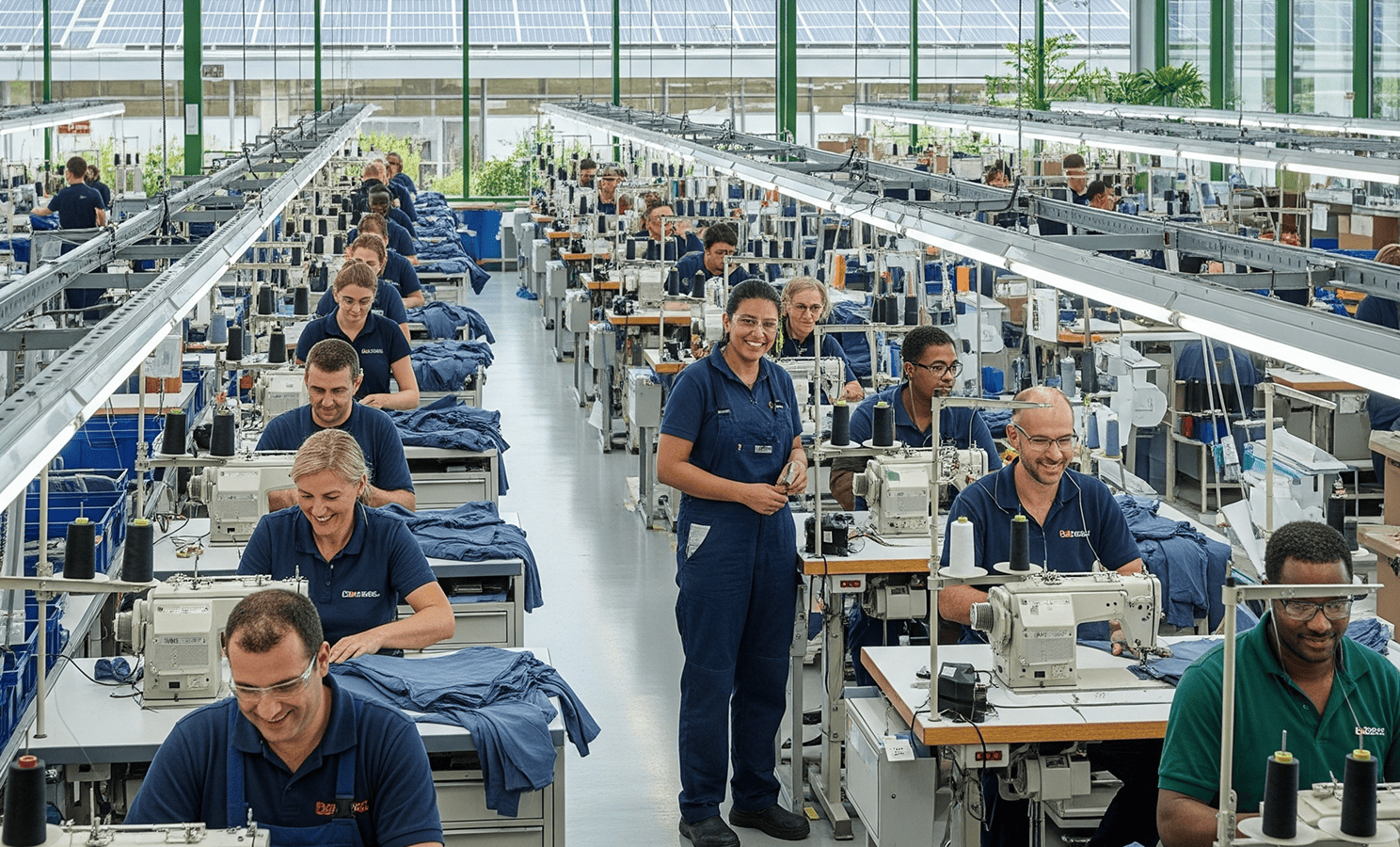
To effectively evaluate potential partners, begin by clearly defining your brand values. Establish your non-negotiable standards around working conditions, fair wages, and sustainability.
You can then start assessing manufacturers based on a set of key factors:
Years of experience: Select an established manufacturer that can guide you through the process and scale with you as you grow. Bonus points if they’ve worked with brands in your niche.
Sampling process: Pay attention not only to the fit and finish of the sample but also to the materials used, as this reflects the quality of the final product that your customers will receive.
Communication flow: Strong partnerships require clear, timely, and transparent communication. Early signs of slow or vague responses are likely to continue during production.
Certifications: Sustainability and ethical standards should be supported by certifications such as ISO for quality, GOTS for ethical textile production, or OEKO-TEX for ensuring textiles are free of harmful substances.
Production capabilities: Understand their minimum order quantities (MOQs), flexibility, and scalability. The right partner should be able to accommodate smaller test runs and grow with your business over time.
Facilities: Touring a facility offers invaluable insight into its operations, quality control, and working conditions. If a visit isn’t possible, you can request detailed photos or a virtual walkthrough.
💡 Did you know Thailand has become a global hub for sustainable apparel production? Many Thai manufacturers are investing in eco-friendly materials and adopting ethical practices, making the country a highly attractive option for brands seeking reliable partners.
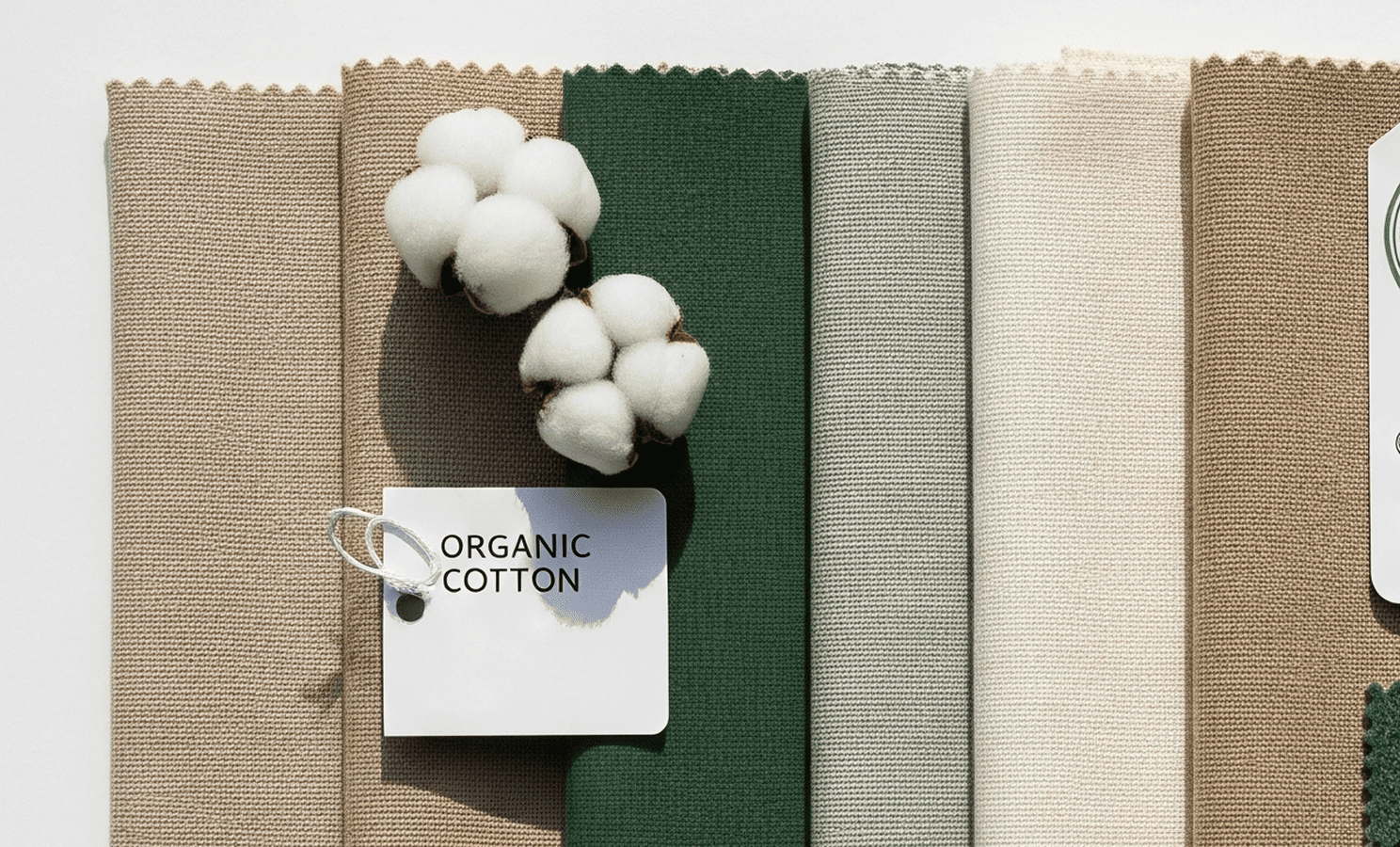
After a thorough analysis, you should be able to determine if the manufacturer is a good fit for your brand or not. Some green flags to consider are:
Usage of ethically sourced materials, such as organic cotton, recycled fibers, or bamboo.
They focus on reducing their carbon footprint, which can include investing in solar or wind power, saving water, and minimizing waste.
They provide safe work environments and offer fair wages to their employees.
While this process can be overwhelming, there are platforms designed to connect entrepreneurs and established brands with trusted global manufacturers. A website like THE/STUDIO can save you valuable time on research and reduce the risk of working with unverified factories.
You get access to partners that meet strict quality and sustainability standards, ensuring your supply chain is in reliable hands. With built-in tools for communication, comparing quotes, managing samples and logistics, the production process becomes more transparent and efficient.
Final thoughts
Many benefits come from partnering up with the right manufacturer. By ensuring that each piece meets your expectations and quality standards, you contribute to your customers’ satisfaction and reduce the likelihood of returns and complaints.
Entrepreneurs often stumble by making avoidable mistakes when choosing a manufacturer. Common errors include focusing only on the lowest price, skipping the sampling stage, overlooking sustainability certifications, or failing to verify working conditions. Those are all factors that can significantly damage your brand’s reputation, as the modern consumer is becoming increasingly conscious of their purchasing decisions and who they support.
To see how other founders have successfully navigated these challenges, explore THE/STUDIO’s case studies. These real-world examples illustrate how entrepreneurs have successfully scaled their brands by collaborating with trusted, ethical manufacturers.


